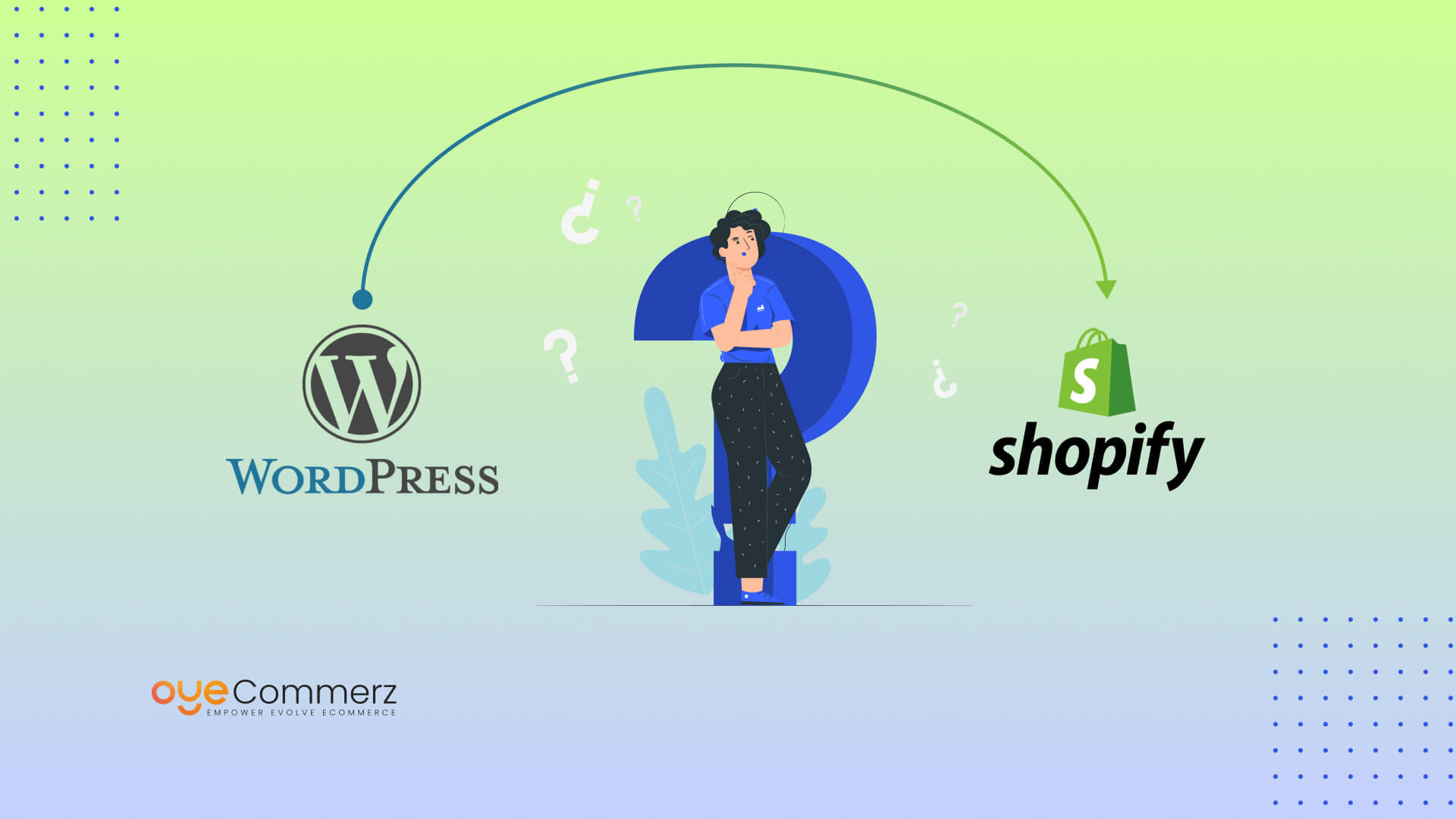In the dynamic sphere of online retail, picking the optimal platform is vital for your company’s growth. If you’re presently using WP and considering a migration to Shopify, you’re not by yourself. Many businesses are shifting to utilize Shopify’s powerful tools, ease of use, and scalability. This guide will guide you on the journey of migrating from WordPress to this platform smoothly, making sure that you realize your eCommerce potential.
Why Migrate from WordPress to this platform?
Prior to diving into the migration process, it’s crucial to realize why this transition can be advantageous for your online store:
User-Friendly Interface: Shopify features an user-friendly dashboard that streamlines store management, enabling for non-technical users.
Flexibility: As your company expands, Shopify can accommodate increased traffic and transactions without compromising performance.
Built-in Tools: Shopify comes with integrated features for search engine optimization, analytics, payment handling, and much more, minimizing the necessity for multiple plugins.
Enhanced Security: With Shopify, you utilize strong security measures that secure confidential customer details.
Steps for a Smooth Migration
Migrating your online store from WP to Shopify involves key actions.
Here’s steps to facilitate a successful transition:
Plan Your Migration Plan
Begin by outlining your migration plan. Decide on which elements of your existing site you wish to migrate, such as:
Item details
Client data
Transaction records
Blog content
Select the Best Migration Solution
Depending on your requirements, opt for a migration service that fits your eCommerce goals. Professional services delivers several choices:
Starter Package: Ideal for compact stores with limited products.
Standard Migration Package: Suitable for medium-sized businesses with more complex requirements.
Premium Migration Package: Best for high-volume stores requiring extensive customization.
Secure Your Data
Prior to starting the migration, ensure that you have a comprehensive backup of your WordPress site. This action is crucial in situations where anything goes off track during the move.
Export Your Information from WordPress
Use plugins or custom scripts to transfer critical data from your WordPress site:
Inventory
Customers
Sales records
Blog posts
Migrate Information into Shopify
When you have your content retrieved, employ Shopify’s migration apps or specialized apps to migrate your data into your updated store. Confirm that all content is properly formatted and placed.
Adapt Your Shopify Store
After migrating WordPress vs Shopify features information, adjust your Shopify site’s layout to reflect with your business goals. Consider engaging a developer if you require advanced customization.
Establish Checkout Systems and Logistics
Set up payment gateways and shipping Shopify blog migration settings in Shopify to facilitate a seamless transaction experience for customers.
Apply SEO Best Practices
To preserve your search engine rankings during the change:
Set up 301 URL mappings from previous URLs to updated ones.
Revise metadata.
Adjust visual content and text for better ranking.
Evaluate Your New Platform
Ahead of launching, thoroughly review your new site. Identify any broken links, payment processing issues, or missing data.
Go Live Your Site
After everything is in order, it’s the opportunity to go live! Share the change to your clients and motivate them to discover the enhanced features of your Shopify store.
Post-Migration Guidance
Following releasing your updated store, regular help is important. Consider working with professionals who can help with:
Troubleshooting
Customer engagement
Performance optimization
Conclusion
Migrating from WordPress to Shopify can be a game-changing decision for your digital business. By following this guide and leveraging tools like those offered by dedicated providers, you can achieve a effortless transition that improves your business potential. Accept the change and discover the potential of Shopify today!
